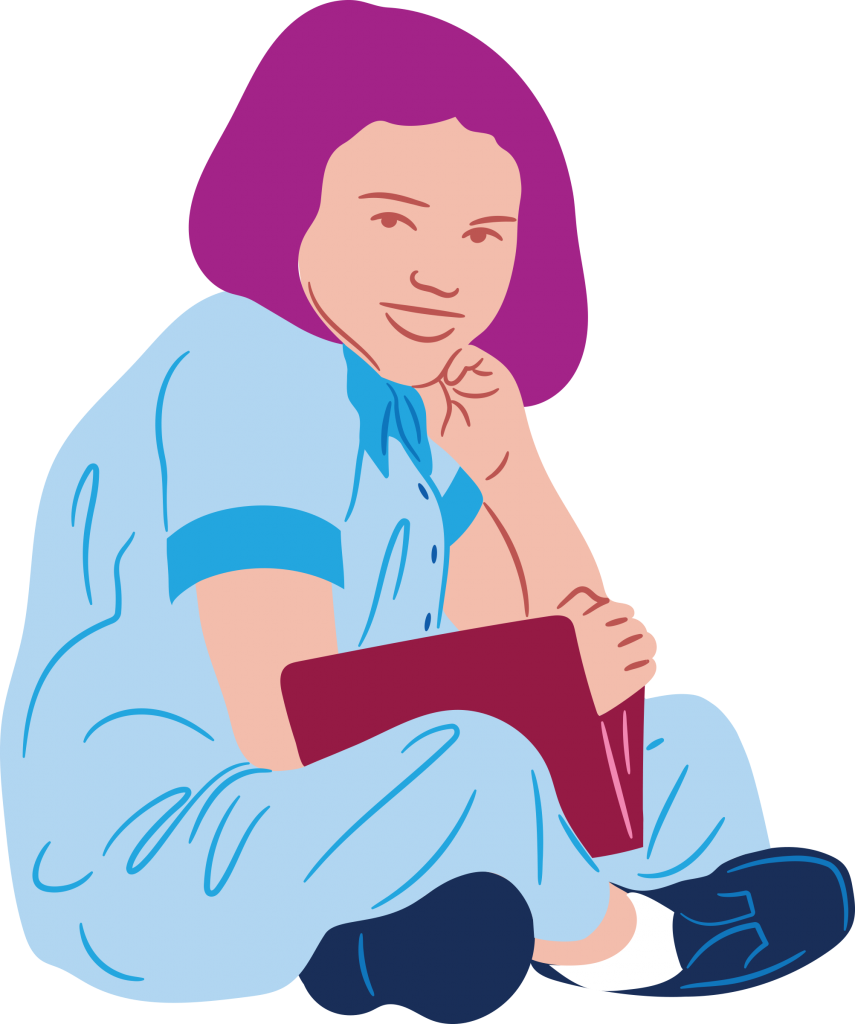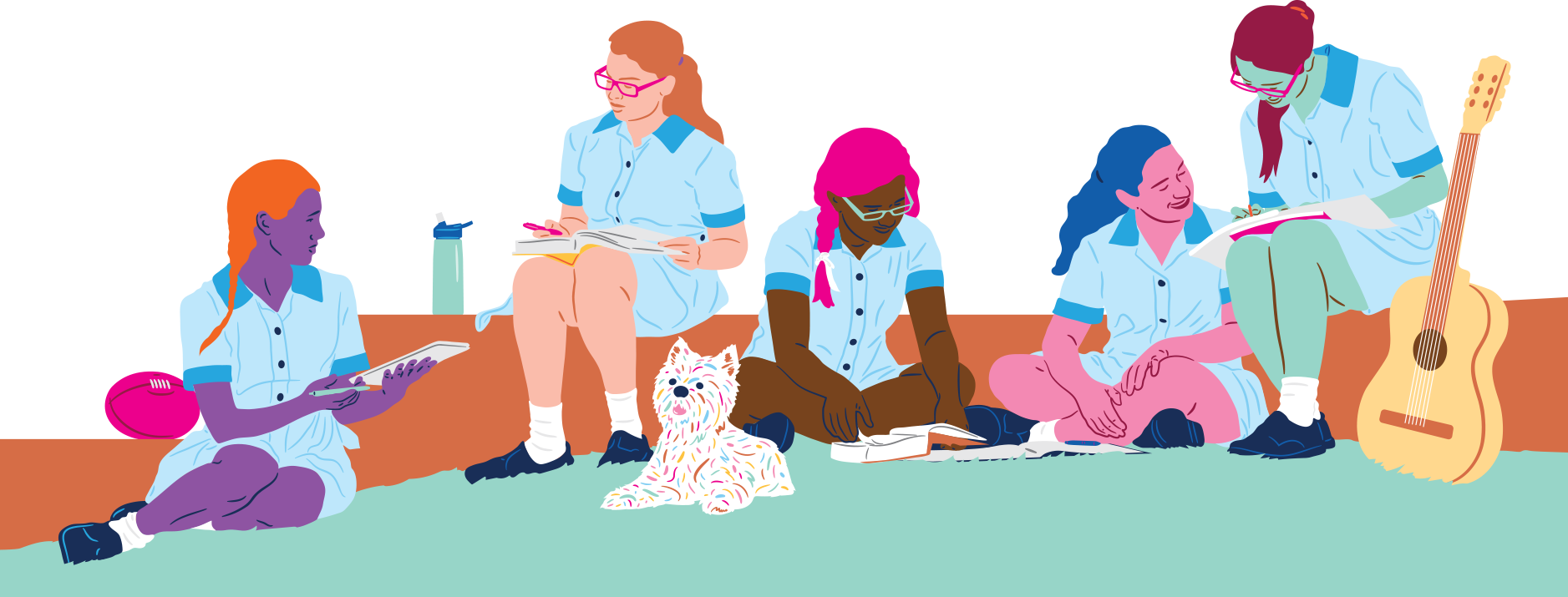Learning > Secondary School > Curriculum Overview
Diverse programs tailored for a girls' education
Our curriculum in the Secondary School is designed with our girls’ futures in mind; with the understanding that communication, problem solving, creative thinking, enterprise and innovation are critical capabilities in the modern world. Informed by the Victorian Curriculum, our academic programs are strong and diverse, tailored to best practice in girls’ education, and complemented by unique, cross-disciplinary subjects to provide the necessary breadth, depth and future-relevance in her education. Below is an overview of our Secondary School Learning Departments.
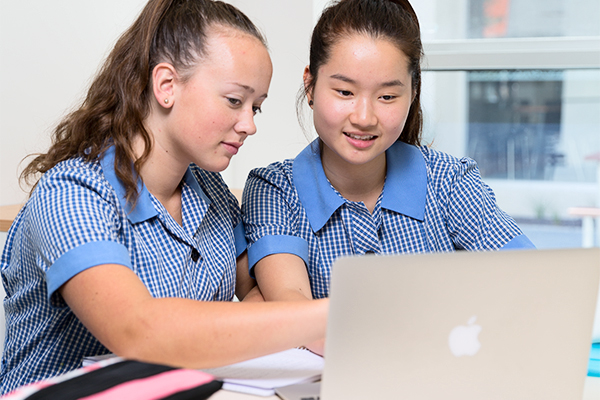
The English language is central to the way in which students understand, critique and appreciate their world, and to the ways in which they participate socially, economically and culturally in Australian society. The study of English encourages the development of literate individuals capable of critical and imaginative thinking, aesthetic appreciation and creativity.
The aim of this subject area is the effective functioning and mastery of the key knowledge and skills for using the English language in the context of productive participation in a democratic society in the 21st Century.
The English as an Additional Language curriculum aims to develop students’ knowledge, understanding and skills in listening, speaking, reading/viewing and writing. It draws on and strengthens the language skills and knowledge students have acquired, recognising their diverse educational backgrounds and English language experiences.
For girls studying EAL, a complementary course of basic English language skill development is available. This course is best suited to learners with less than 2 years of English language experience. Academic Curriculum Enrichment for EAL (ACE4EAL) is designed to improve an EAL learner’s understanding and use of the complex academic language used in Australian Schools and Universities.
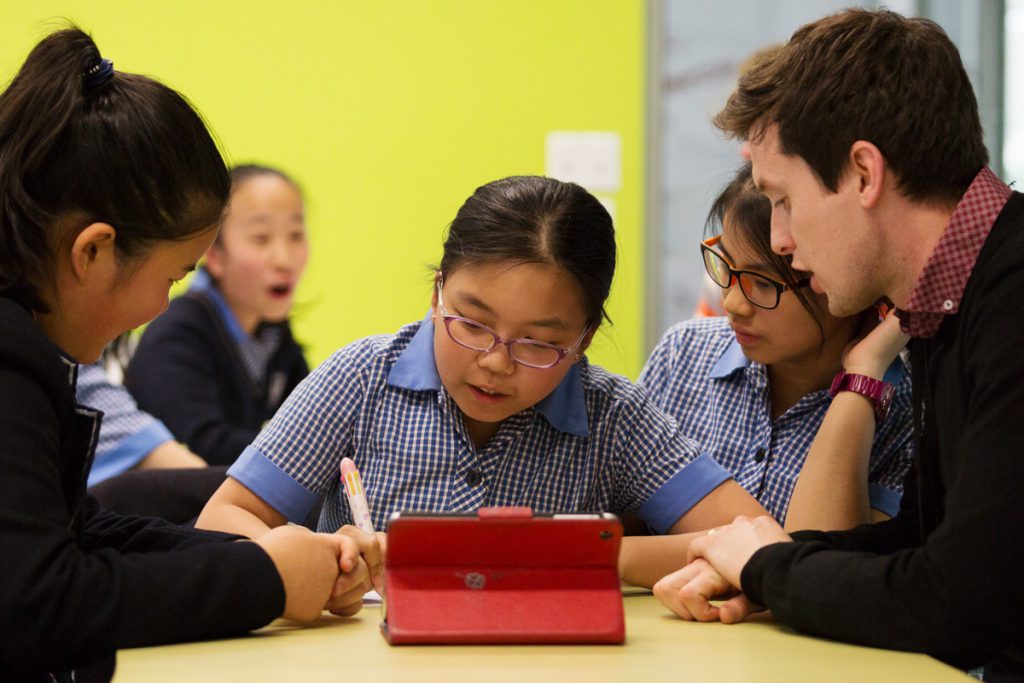
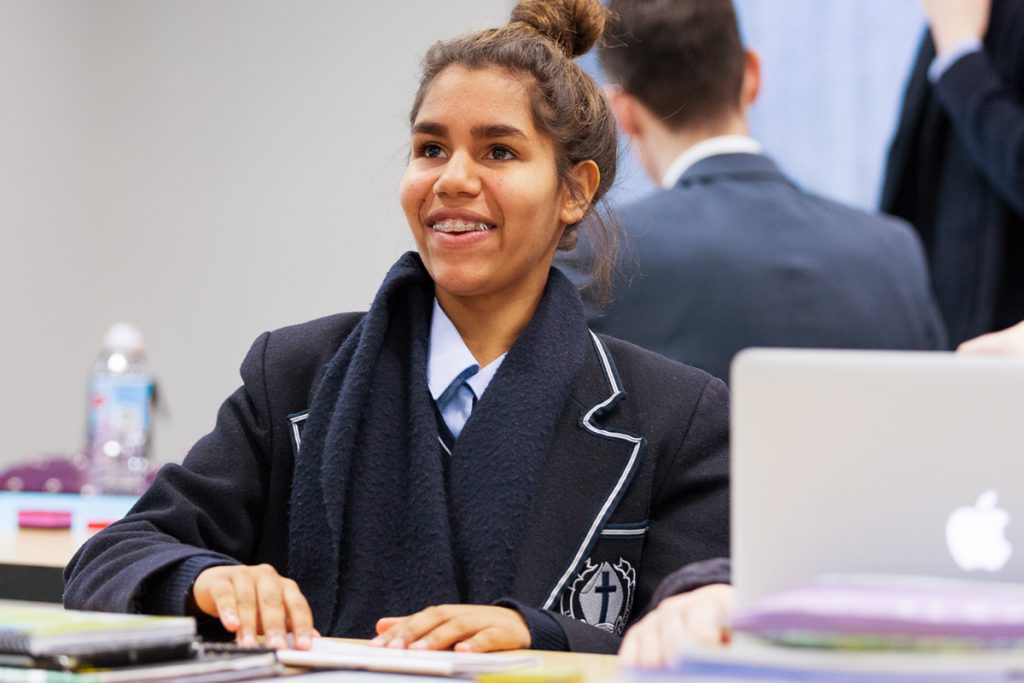
The Mathematics curriculum focuses on the blend and balance of skill proficiency within the key content areas of Number and Algebra; Measurement and Geometry; and Statistics and Probability. Through developing proficiency in the skills of Understanding; Fluency; Problem Solving; and Reasoning, our students explore and learn mathematically as develop the knowledge and skills required for higher levels of mathematics applications in the VCE, tertiary environment and beyond.
In Years 8, 9 and 10, a Mathematics-Accelerated class is available for students identified by the School as having demonstrated very high levels of knowledge achievement, skill proficiency and creative thinking in Mathematics.
In Science, students develop the skills and theoretical understandings across various disciplines of science to investigate, solve problems and draw valid conclusions about phenomena using the scientific method of inquiry. Grounded in the disciplines of Biology, Chemistry, Psychology, Physics and Robotics our students develop their experimental, innovative and technological skills in practical and theoretical ways, whilst their personal interests are extended through engagement with broader scientific learning and content relevant to their future studies and life in modern society.
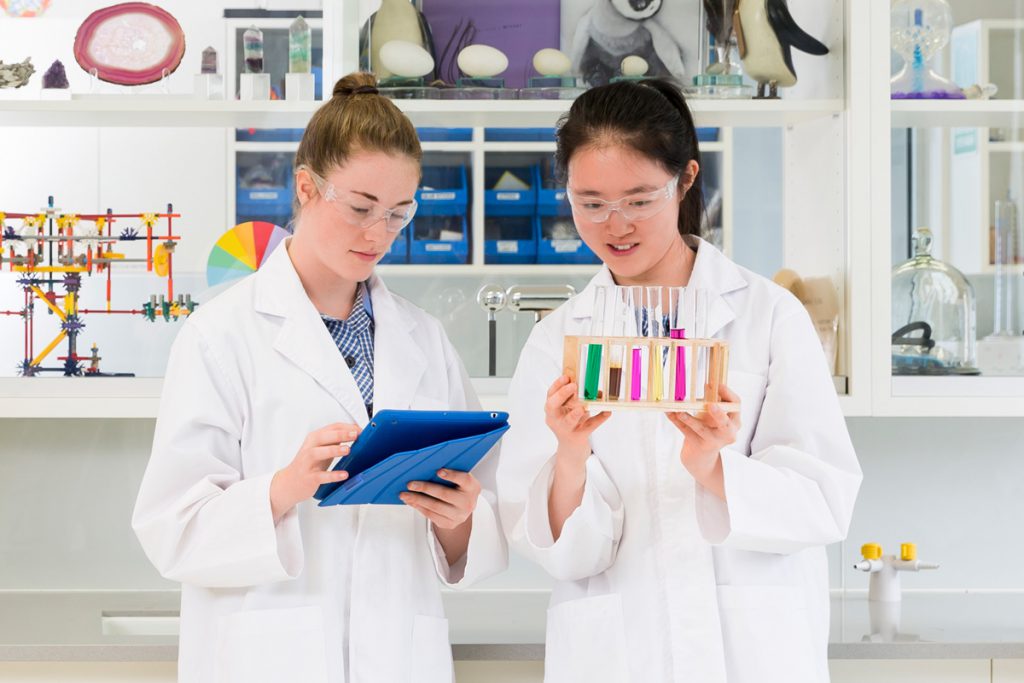
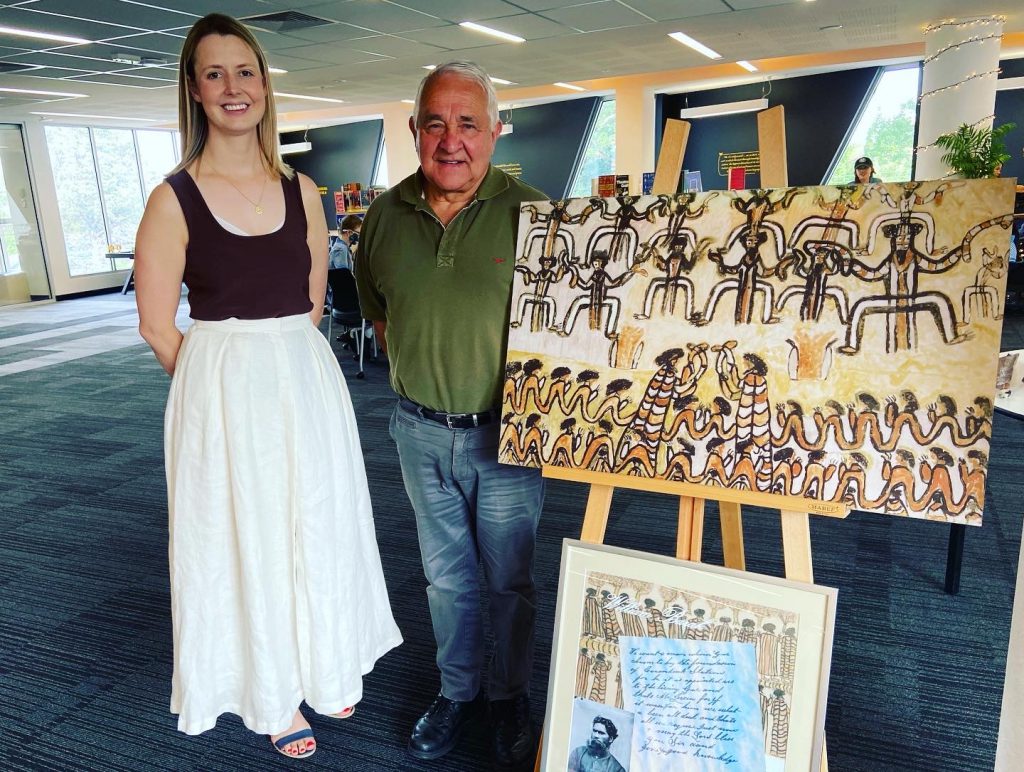
History is a disciplined process of investigation into the past that develops students’ curiosity and imagination. At Camberwell Girls, we believe awareness of history and historical knowledge to be fundamental to understanding how the world and its people have changed. Our content provides opportunities to develop historical understanding through key concepts, including: evidence, continuity and change, cause and effect, perspectives, empathy, significance and contestability.
We promote History learning to be interpretative by nature, thereby promoting debate and encouraging thinking about human values, including present and future challenges.
The Geography curriculum presents a structured way of exploring, analysing and understanding the characteristics of the places that make up our world, using the concepts of place, space, environment, interconnection, sustainability, scale and change.
A framework for developing students’ geographical knowledge, understanding and skills is provided through inquiry skills, including the use and interpretation of maps, photographs, graphs and other representations of geographical data. Students learn to question why the world is the way it is, reflect on their relationships with and responsibility for that world and propose actions designed to shape a socially just and sustainable future.
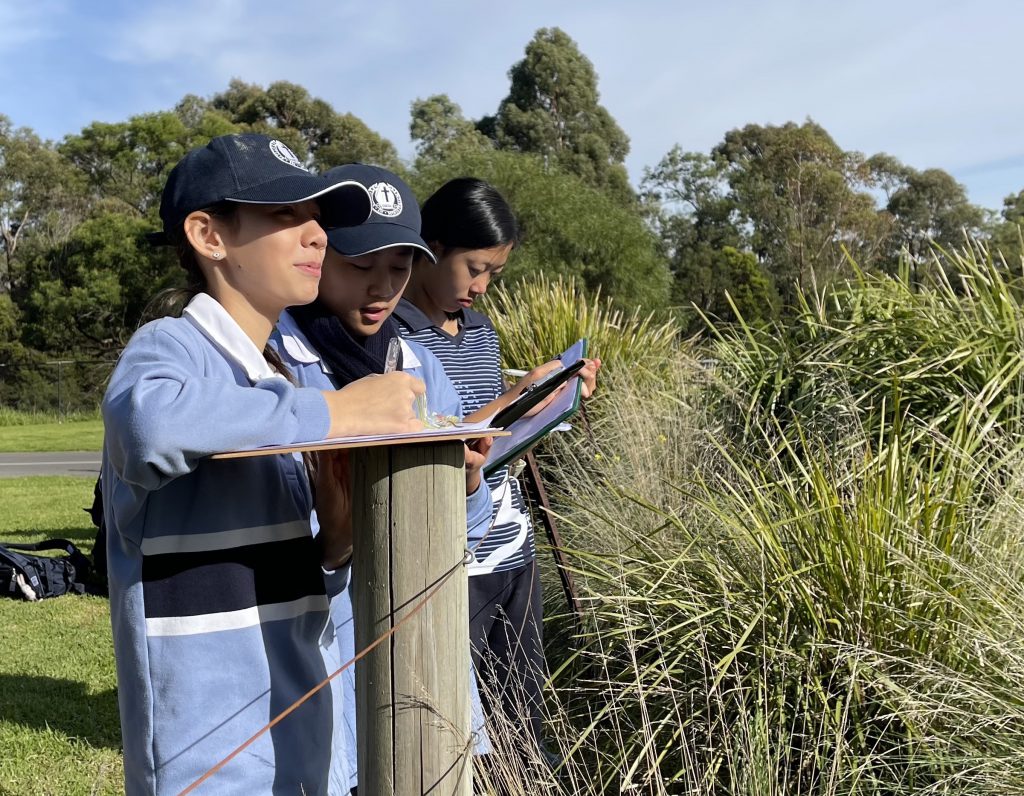
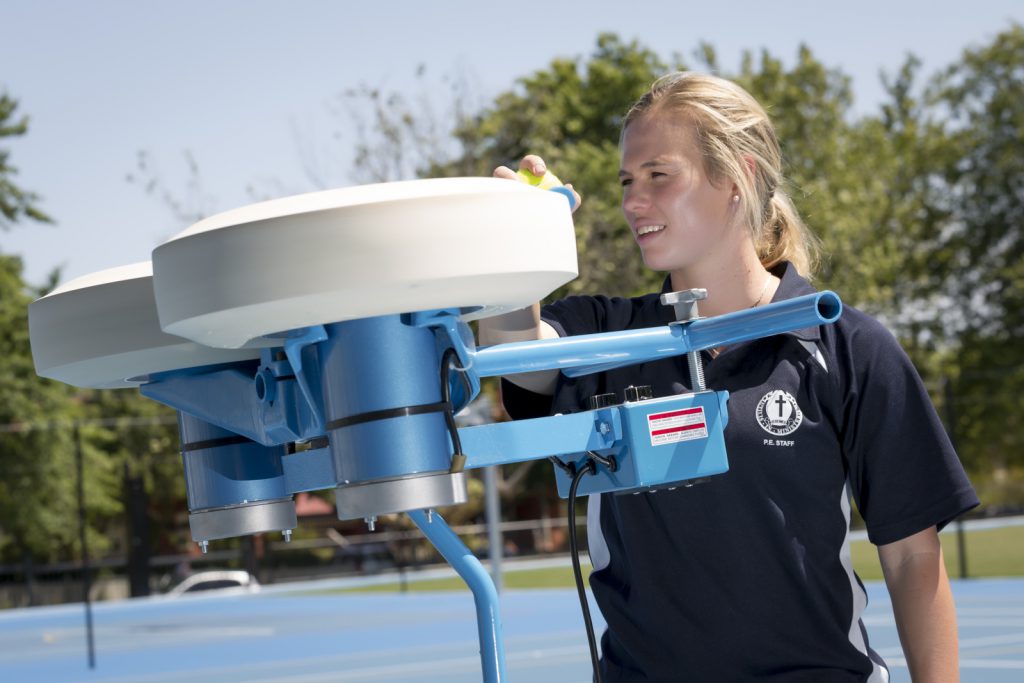
The Health and Physical Education program aims to provide students in Years 7-9 with the confidence, knowledge and skills to lead a healthy, active and balanced lifestyle.
The Health curriculum takes a global approach to health and wellbeing, exploring both local and international perspectives, while evaluating the effectiveness of a range of strategies to promote positive health behaviours.
The Physical Education curriculum provides students with an opportunity to participate in both competitive and non-competitive sport, movement, fitness and recreational activities. Students use video analysis technology, augmented reality and other NextGen learning techniques to create games, explore and evaluate individual performance and to make recommendations to improve successful outcomes.
The Languages curriculum introduces students to the learning techniques, understandings and cultural empathy needed to be an effective, lifelong language learner and communicator as a global citizen. Basic or advanced proficiency in another language is a fundamental part of preparing our students for the global context in which they live.
At Camberwell Girls, our courses in Chinese, French and German challenge students to confront the responsibilities of living in an increasingly interconnected world where understanding other languages and cultures is not a luxury. The exploration of real world affairs through digital media is a prominent feature of our Languages curriculum.
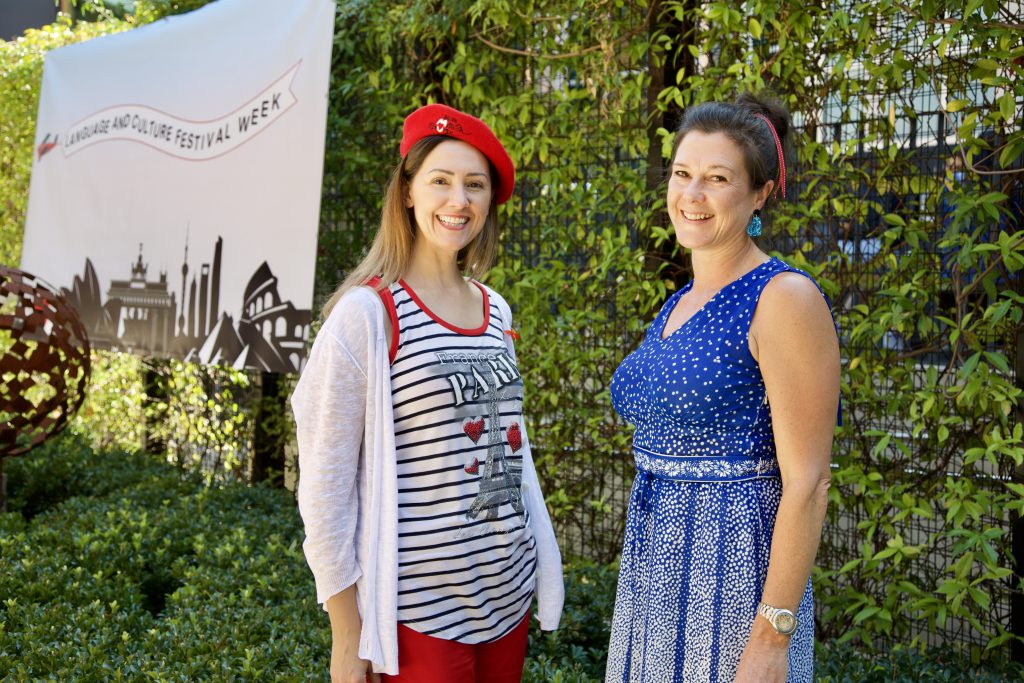
The Chinese curriculum develops the reading, listening, speaking and writing skills needed to communicate in Chinese. Girls learn vocabulary in Pinyin and characters, grammatical structures and pronunciation needed for communication using the Modern Standard Chinese language as they develop their cultural knowledge of China and other countries where Chinese is spoken.
The Chinese Advanced course is designed for students who have been brought up in a home where the Chinese language is used and/or for students who have a strong connection to Chinese culture/language. The curriculum aims to enhance, extend and expand each girl’s linguistic and intercultural knowledge, understanding and skills across a range of Chinese cultural and heritage contexts.
The French curriculum develops the reading, listening, speaking and writing skills needed to communicate in French. Girls learn vocabulary, grammatical structures and pronunciation needed for communication using the French language and develop a cultural knowledge of France and other countries where French is spoken.
The German curriculum develops the reading, listening, speaking and writing skills needed to communicate in German. Girls learn vocabulary, grammatical structures and pronunciation needed for communication using the German language and develop a cultural knowledge of Germany and other countries where German is spoken.
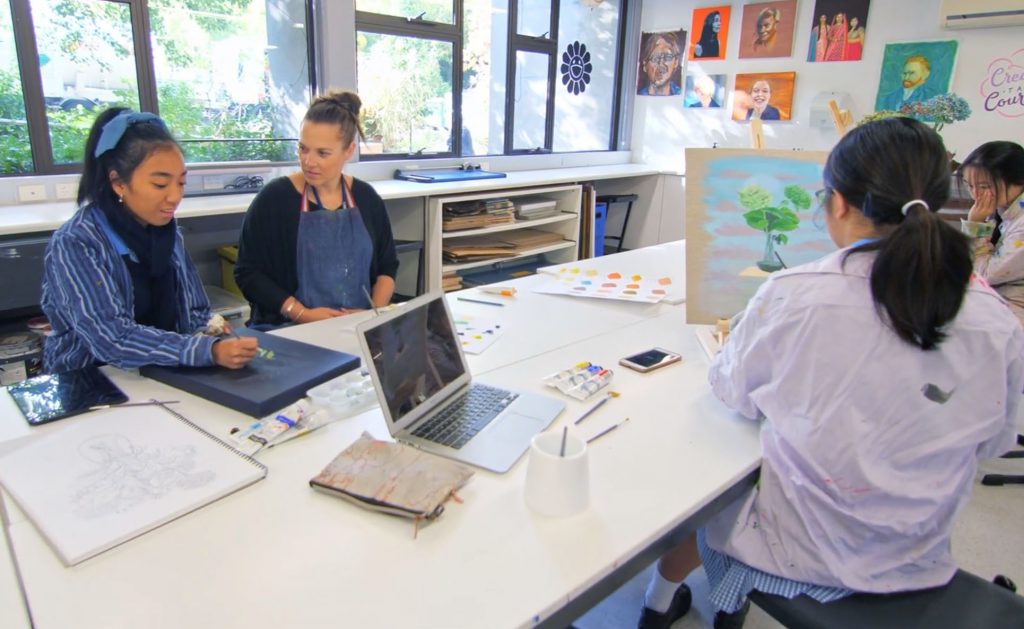
In Art & Design students are encouraged to recognise the interplay between research, history, culture and art making. This provides students with an informed context that supports an awareness of art as a tool for cultural and personal communication. The study acknowledges the value of creativity and analytical thinking in preparing students for today’s world.
Students explore ideas and sources of inspiration, experiment with materials and techniques, practice specialised skills in a range of selected art forms and develop visual, and where appropriate, other elements to produce particular aesthetic qualities. The theoretical component focuses on the development of skills in visual analysis and an understanding of how artists have interpreted sources of information, and how historical events both locally and globally have influenced distinctive styles in their artwork.
The core Music curriculum aims to collectively introduce, consolidate and establish skills and knowledge that will provide every student with confidence to develop both active and passive musical abilities. Throughout the year, students experience playing an instrument from each of the four orchestral families, gaining a clearer understanding of the inherent difficulties and joys each instrument offers.
Practical, theoretical, aural and ICT applications support the understanding and appreciation of musical styles, symbols and language. Cultural and historical influences of music are explored within the review of a broad range of musical forms and practices from Medieval times to the 21st Century.
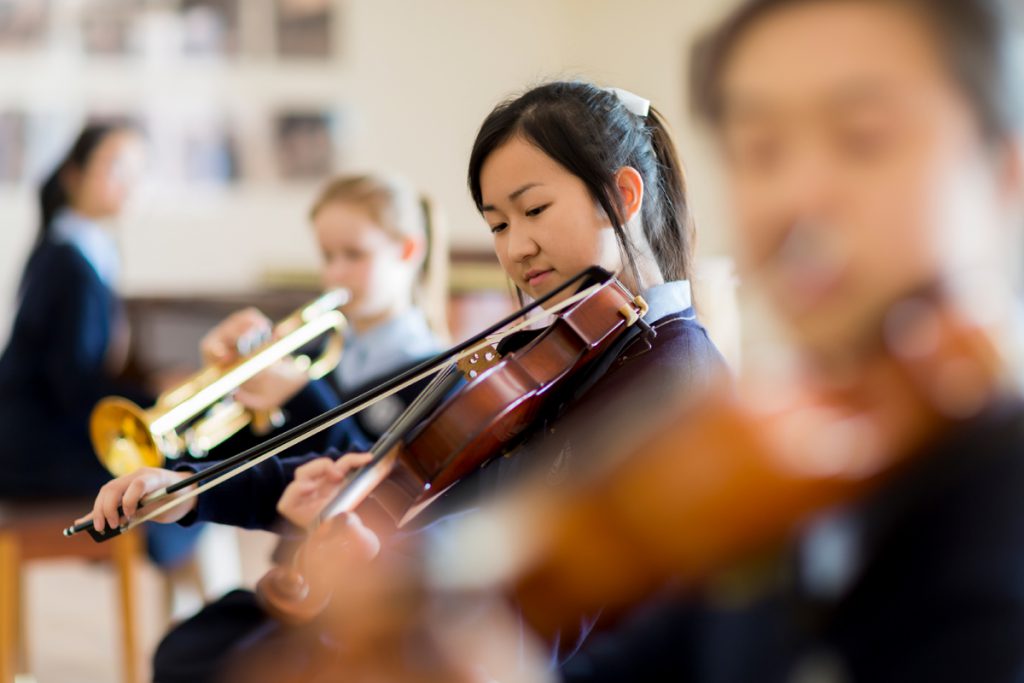
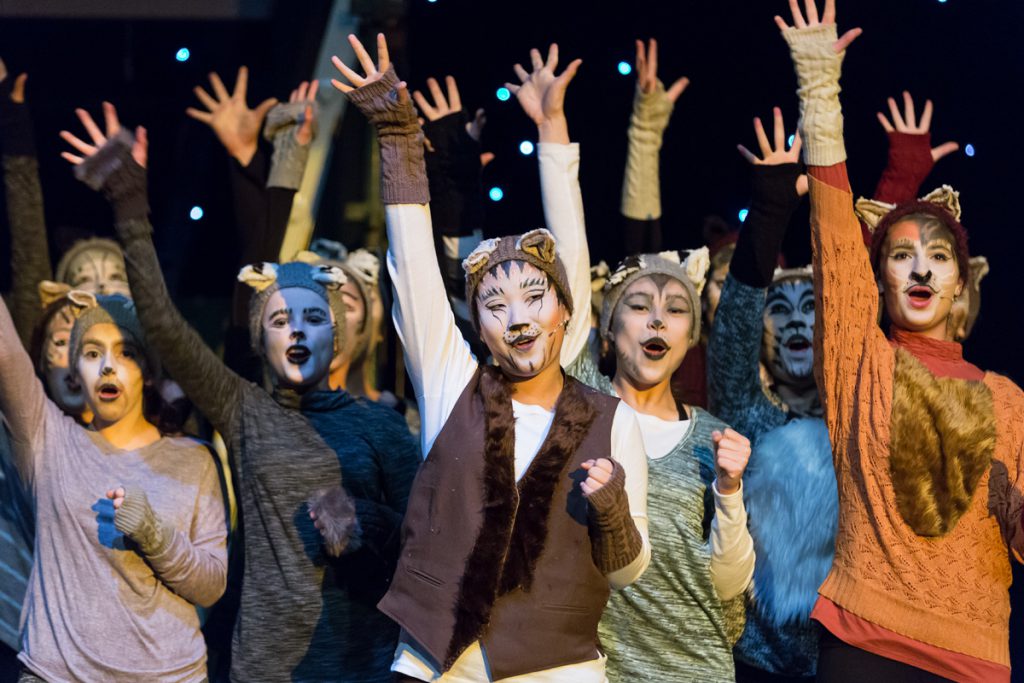
Students will be trained and encouraged to experiment with the core performance skills of voice, movement, physicality, character development and script interpretation. Styles and genres will be introduced as elements that impact on the choices students make when creating a performance for an audience. Investigation into stagecraft other than performance (such as design and direction) will also help students build a holistic understanding of the theatre making process.
Commerce is a dynamic and relevant domain that gives students both an everyday context for their learning in relation to the world around them as well as the opportunity to develop skills in Critical Thinking, Oral and Written Communication, Targeted Research and Problem Solving. As a core component of both the Years 8 and 9 Curriculum, students at Camberwell Girls establish a foundational knowledge of Financial Literacy, the impact of choices on Economies, different manifestations of Power, the rights and responsibilities of citizens in a Democracy, and the role of Entrepreneurship in a rapidly changing world. Students have the choice to explore in more detail the key elements of VCE Accounting, Legal Studies, Economics and Business Management prior to making their VCE choices.
Camberwell Girls are equipped with a strong set of life skills via their study of Commerce.
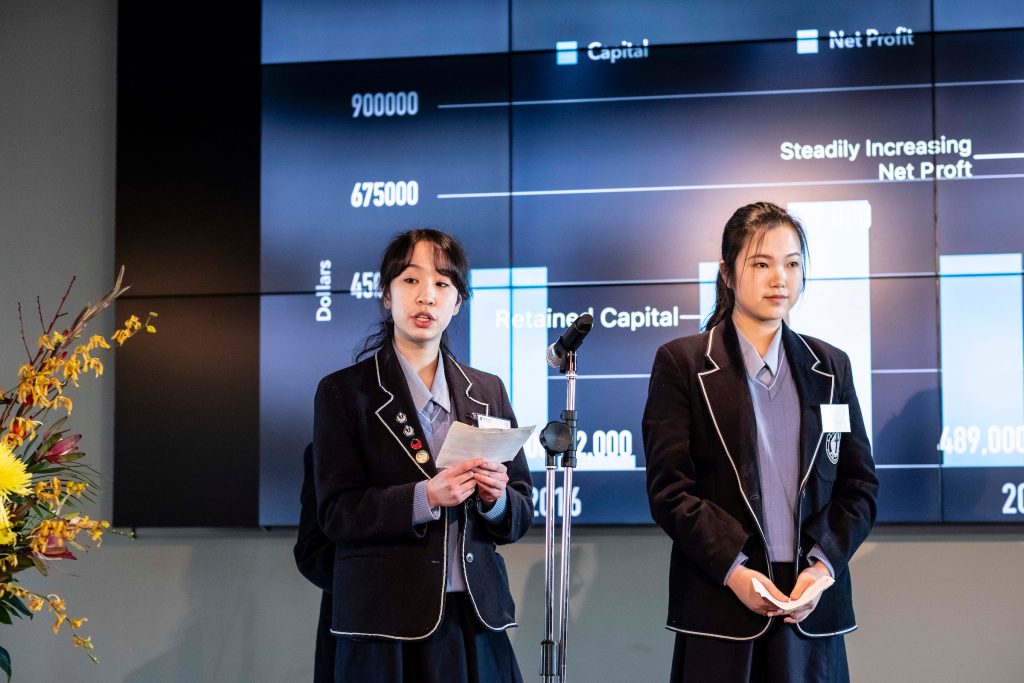
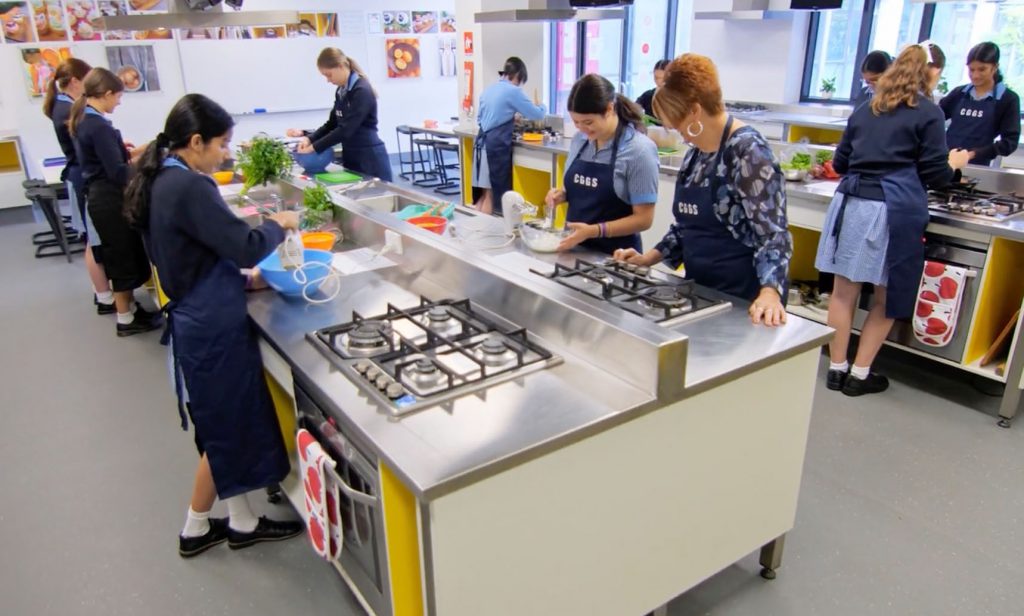
In Food Studies, students are introduced to the topics of food and nutrition, drawing upon both theoretical knowledge and practical experiences. Students explore the kitchen environment including food safety and food handling, cooking terminology, measurements, hygiene and kitchen equipment. Additionally, students work both independently and collaboratively to participate in food preparation tasks, including production, preparation, presentation and evaluation of recipes, including an analysis of nutritional content.
In Religious Education, students will engage in spiritual and philosophical learning through exploration of how religion helps people to feel they belong to a community, and develop a sense of identity. The origins of the Christian Church and who Jesus is, are features of this learning, as are the components of many other religions and worldviews within our contemporary society.
Students will be introduced to the meaning of ethics and asked to consider how humans develop ethical guidelines as well as reflecting upon their own bases for ethical decision-making. Students will read and explore the way that different religious traditions have responded to ethical questions. A major focus throughout the course is the Christian tradition, and specifically, Anglican Christianity.
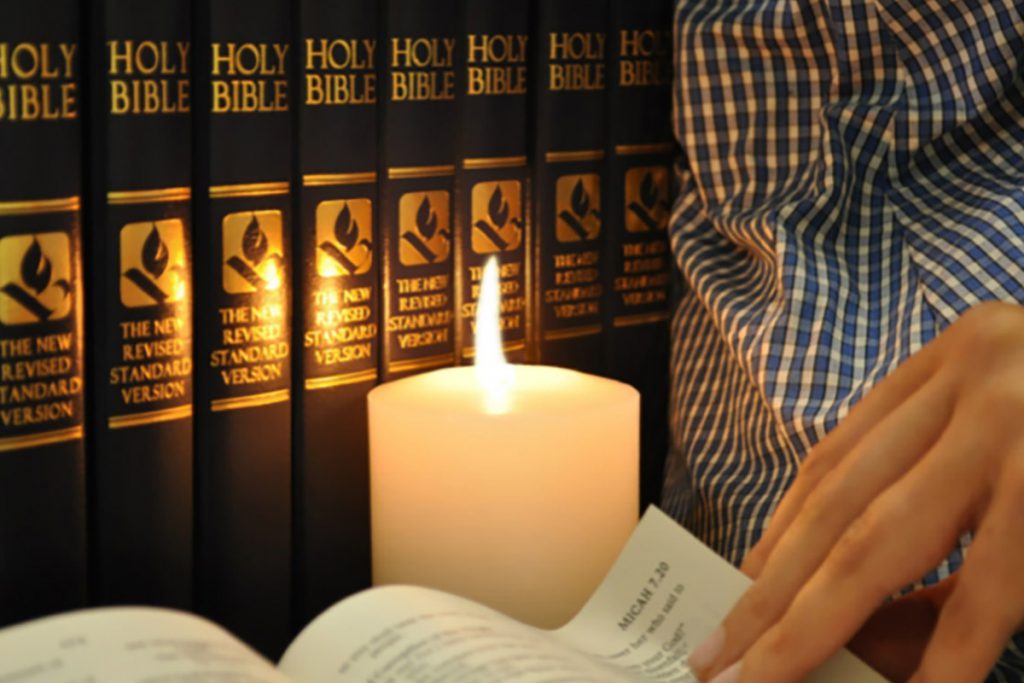
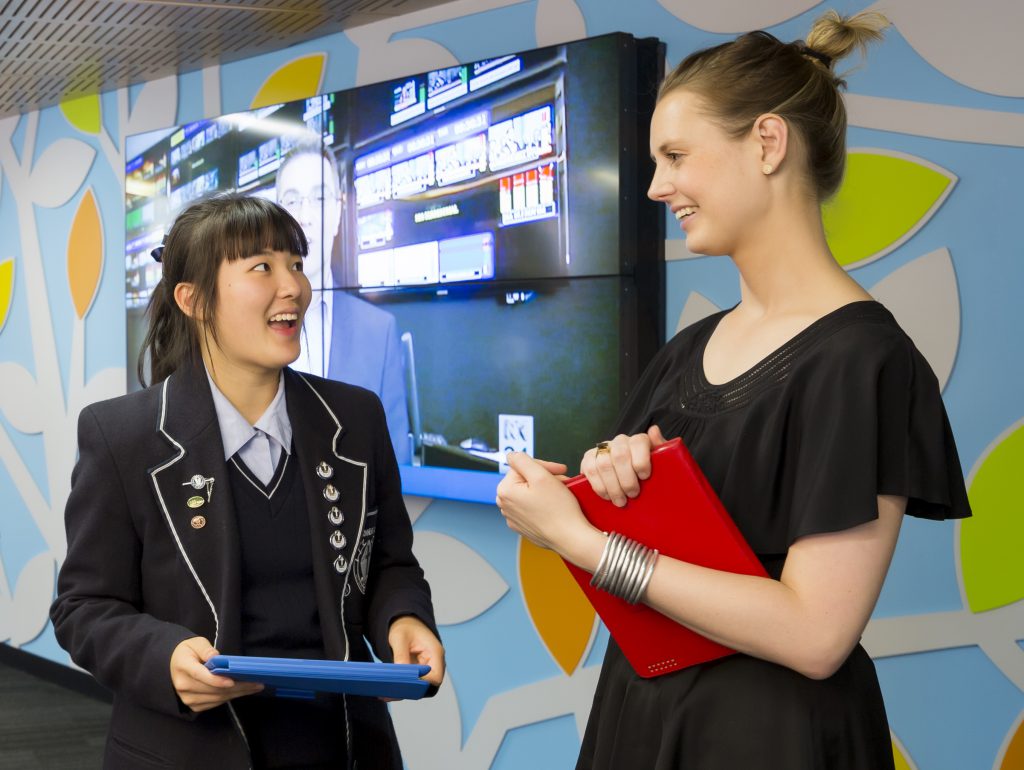
Language and Learning is available for select students needing support in numeracy, literacy and in other specific learning behaviours. For students identified as being ready for academic extension in cross-disciplinary studies, opportunities for participation in tailored Language and Learning programs and competitions are provided throughout the year.
Working individually or in small groups with specialist teachers, the Language and Learning program ensures each girl’s learning needs are being met as they progress throughout the Secondary School.
We acknowledge and pay respect to the Wurundjeri people as the traditional custodians of the land on which the school is situated.
Secondary School / Administration
2 Torrington Street, Canterbury
Victoria 3126 Australia
T +61 3 9813 1166
F +61 3 9882 9248
camgram@cggs.vic.edu.au
Junior School / Ormiston
